Fascism rose to power through the use of violence. Its rise in the Julian March began with the burning of the Narodni Dom in Trieste, the seat of local Slovene organisations and societies. The Fascists saw their biggest enemy in the workers’ party and the Slovene-Croatian national movement. Fascist squadre d’azione, which in Trieste were founded and led by Francesco Giunta, therefore attacked and set fire to the headquarters of workers’ organisations, cultural centres, libraries, gymnasiums and printing houses belonging to the local Slav population.
Fascist violence was particularly intense in the period before and during elections. The 1921 parliamentary elections were the bloodiest of all, since people spontaneously resisted the violence of the squadristi.
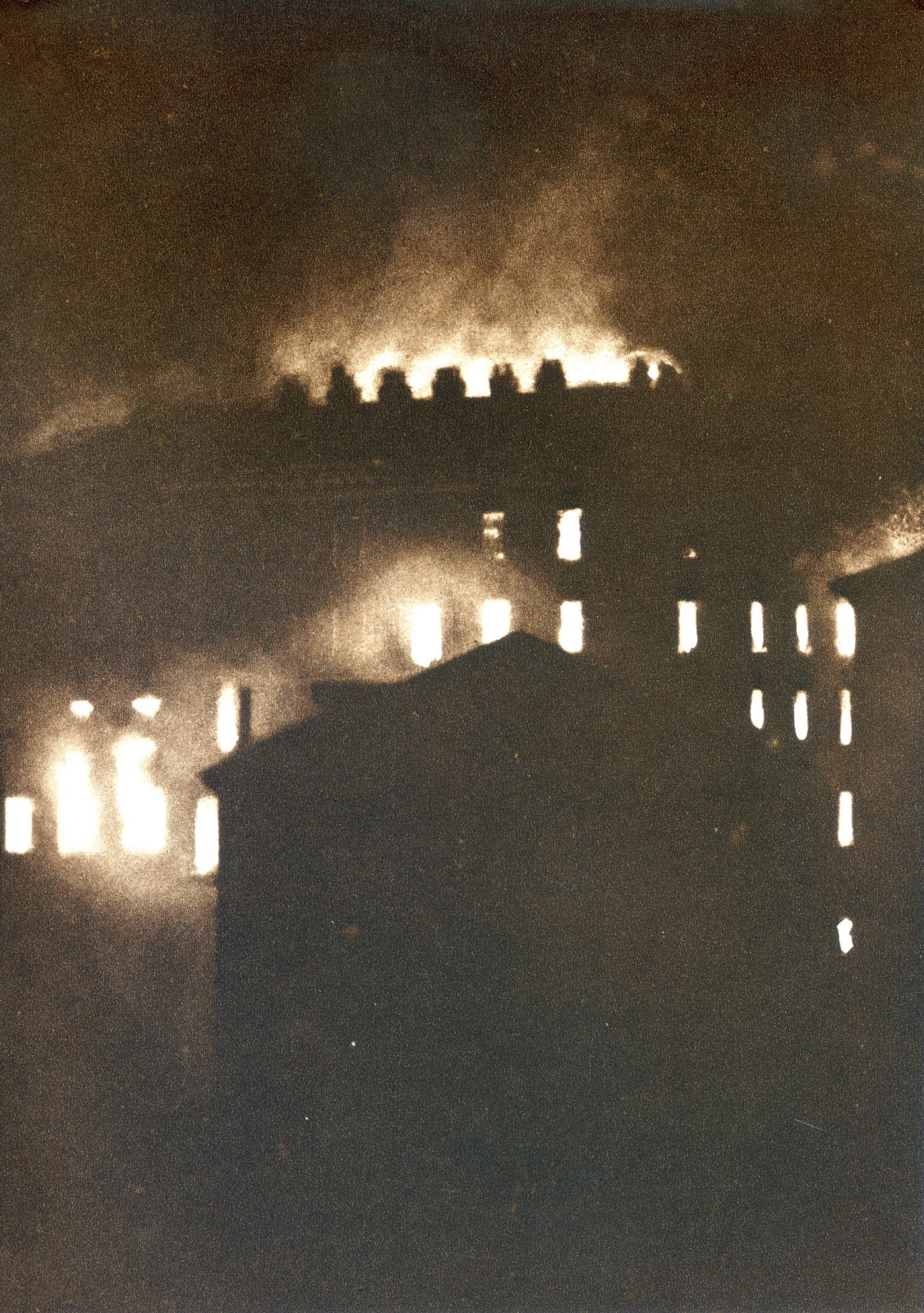 On 13 July 1920 Fascist squadristi led by Francesco Giunta set fire to the Narodni Dom in Trieste, the main seat of the economic and cultural activity of the Slovenes in the Trieste area.
On 13 July 1920 Fascist squadristi led by Francesco Giunta set fire to the Narodni Dom in Trieste, the main seat of the economic and cultural activity of the Slovenes in the Trieste area.
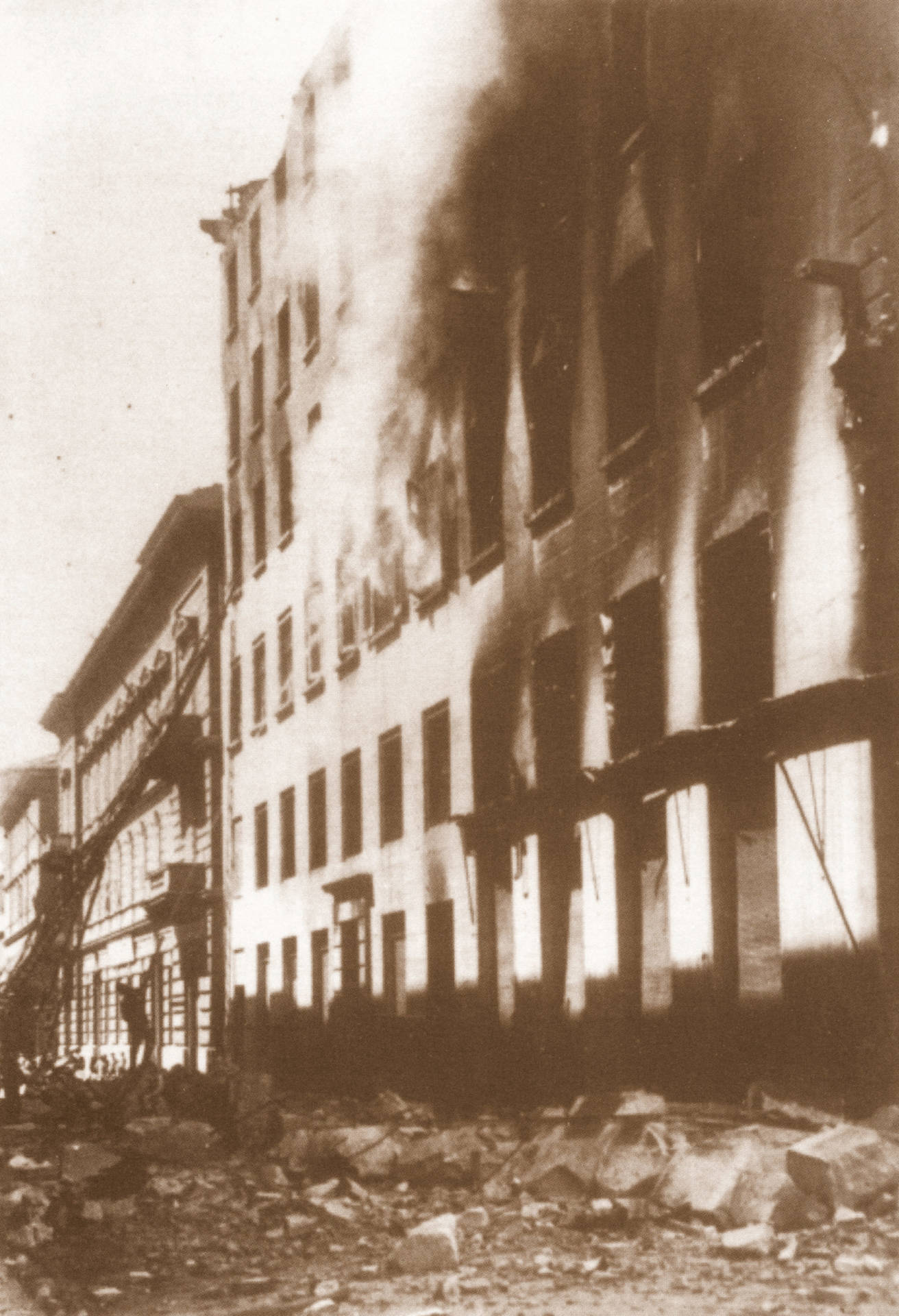 On 13 July 1920 Fascist squadristi led by Francesco Giunta set fire to the Narodni Dom in Trieste, the main seat of the economic and cultural activity of the Slovenes in the Trieste area.
On 13 July 1920 Fascist squadristi led by Francesco Giunta set fire to the Narodni Dom in Trieste, the main seat of the economic and cultural activity of the Slovenes in the Trieste area.
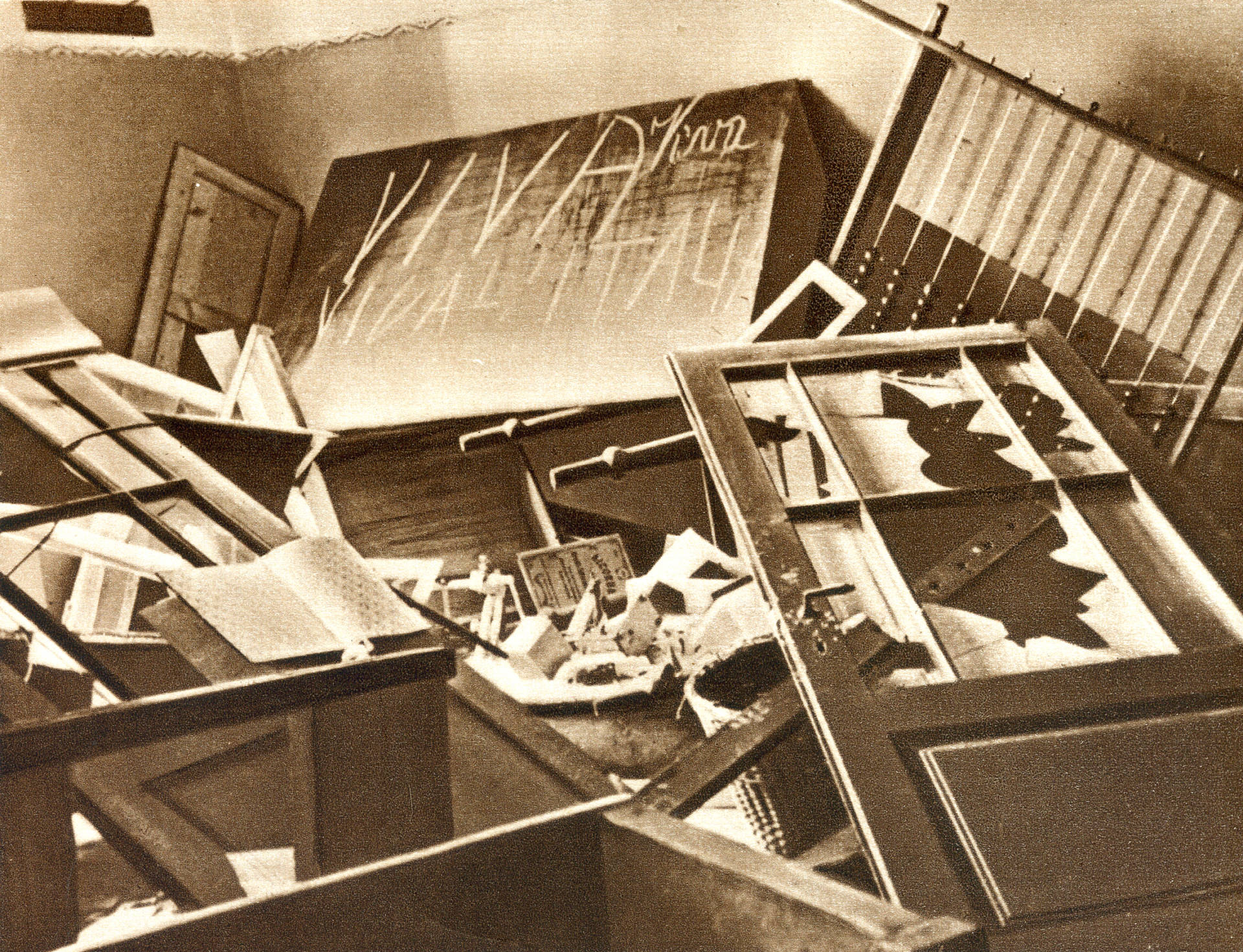 The ransacked interior of a Slovene school.
The ransacked interior of a Slovene school.
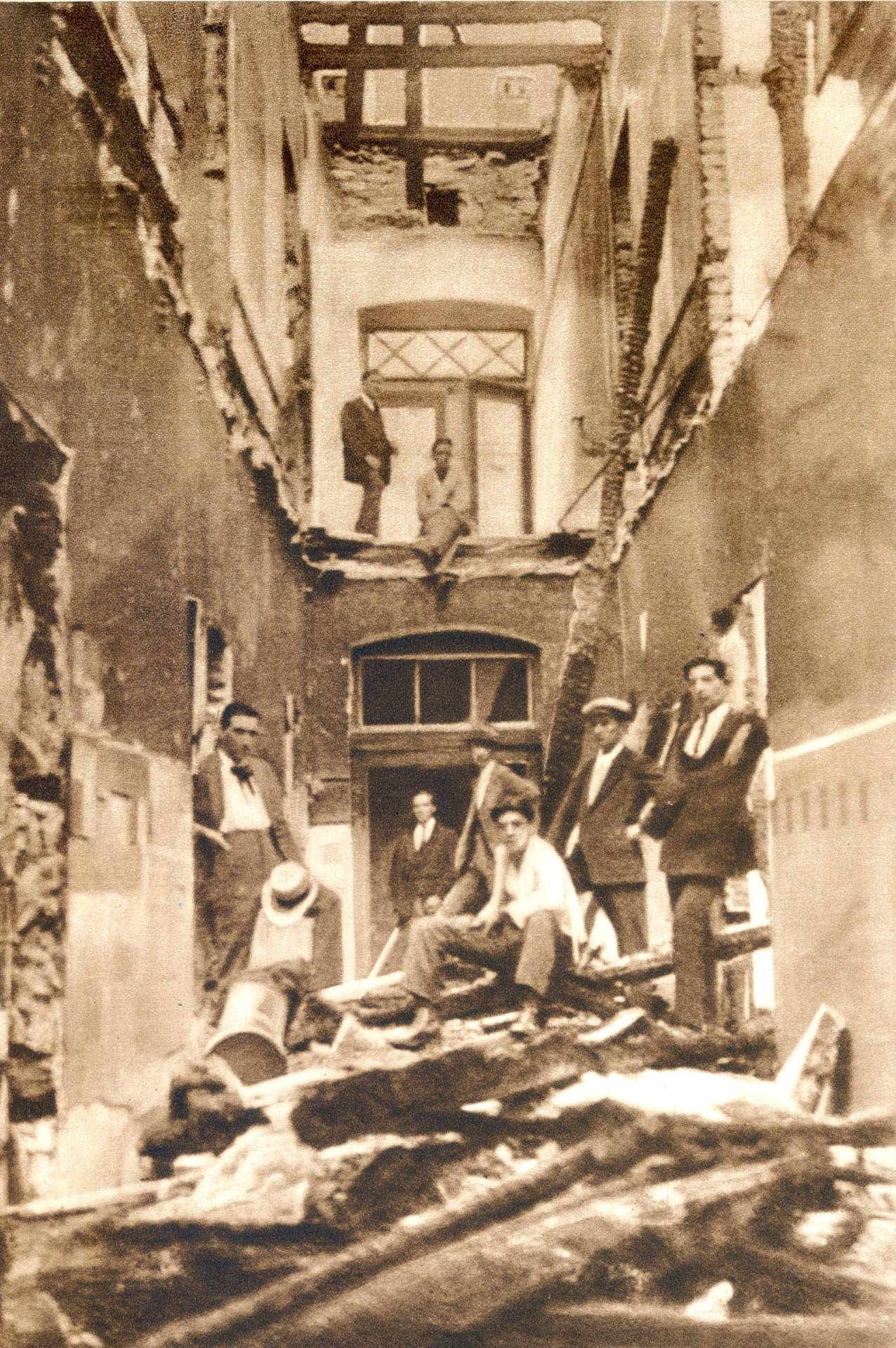 The devastated premises of worker’s newspaper Il Lavoratore.
The devastated premises of worker’s newspaper Il Lavoratore.
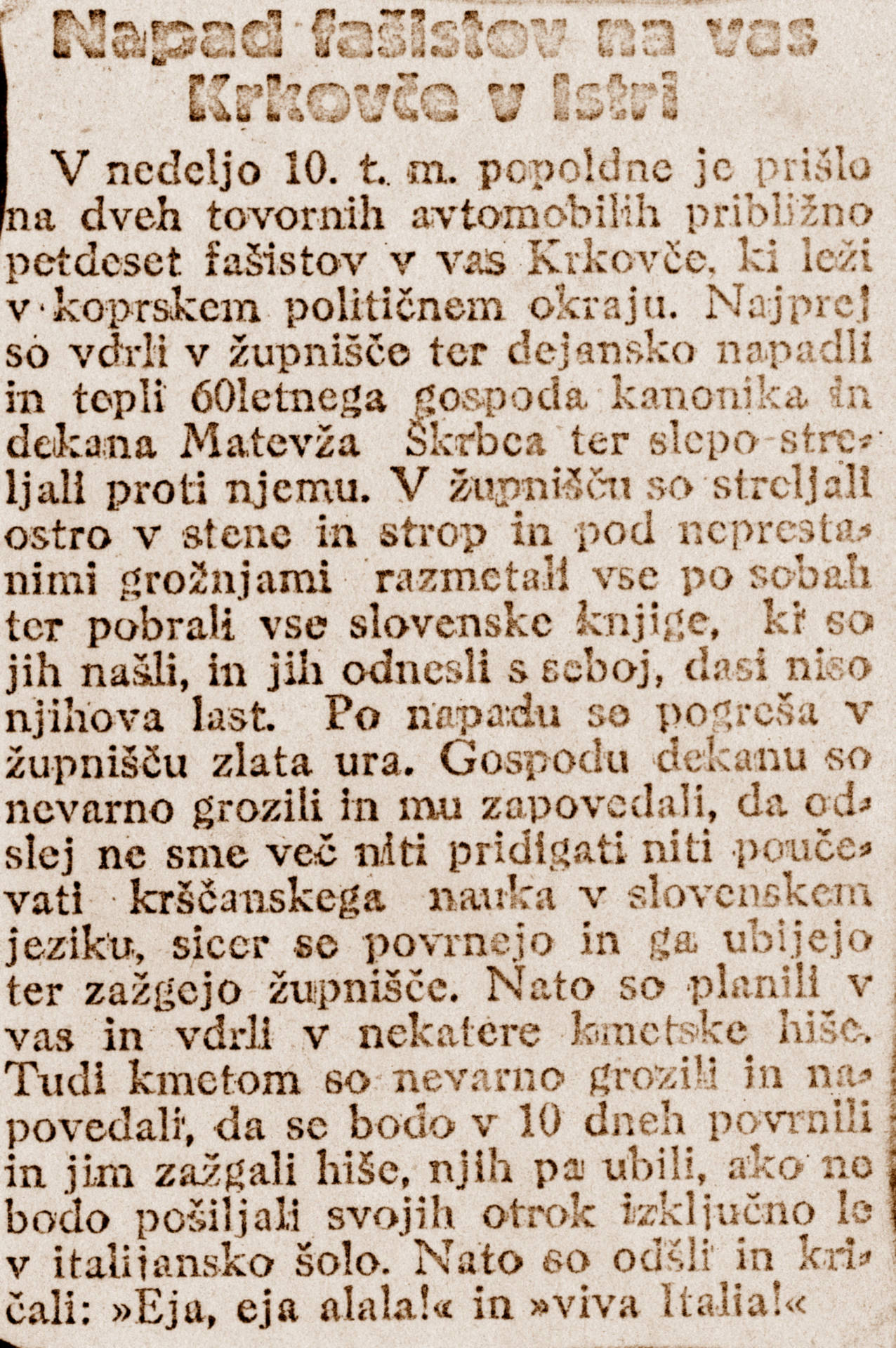 Edinost, 12 April 1921.
Edinost, 12 April 1921.
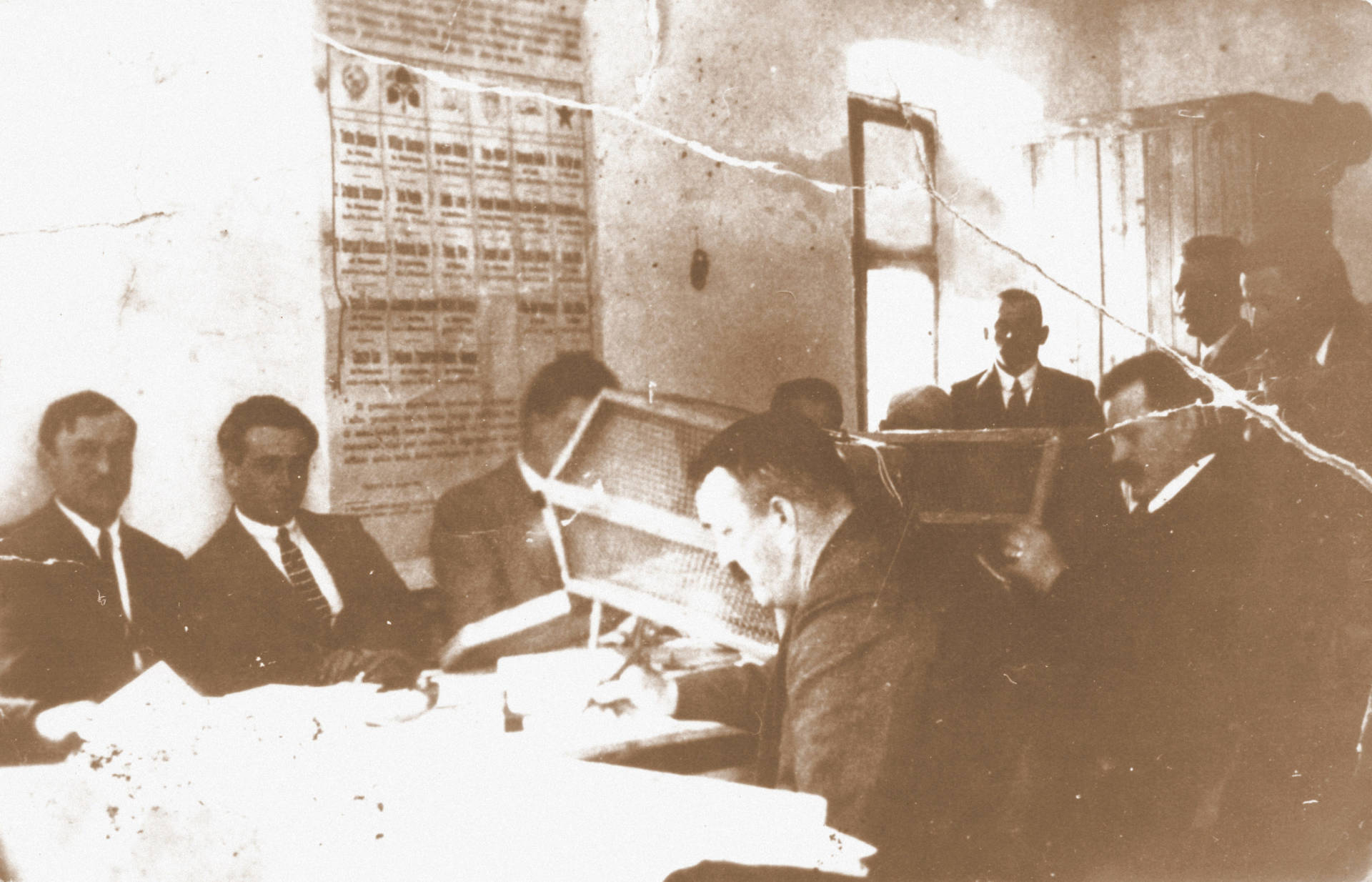 Voting place in Knežak. The year 1921 will remain in the history of this territory because of the violence perpetrated by the Fascists on 15 May, the date of Italian parliamentary elections, which culminated in violent clashes and fatalities on both sides.
Voting place in Knežak. The year 1921 will remain in the history of this territory because of the violence perpetrated by the Fascists on 15 May, the date of Italian parliamentary elections, which culminated in violent clashes and fatalities on both sides.
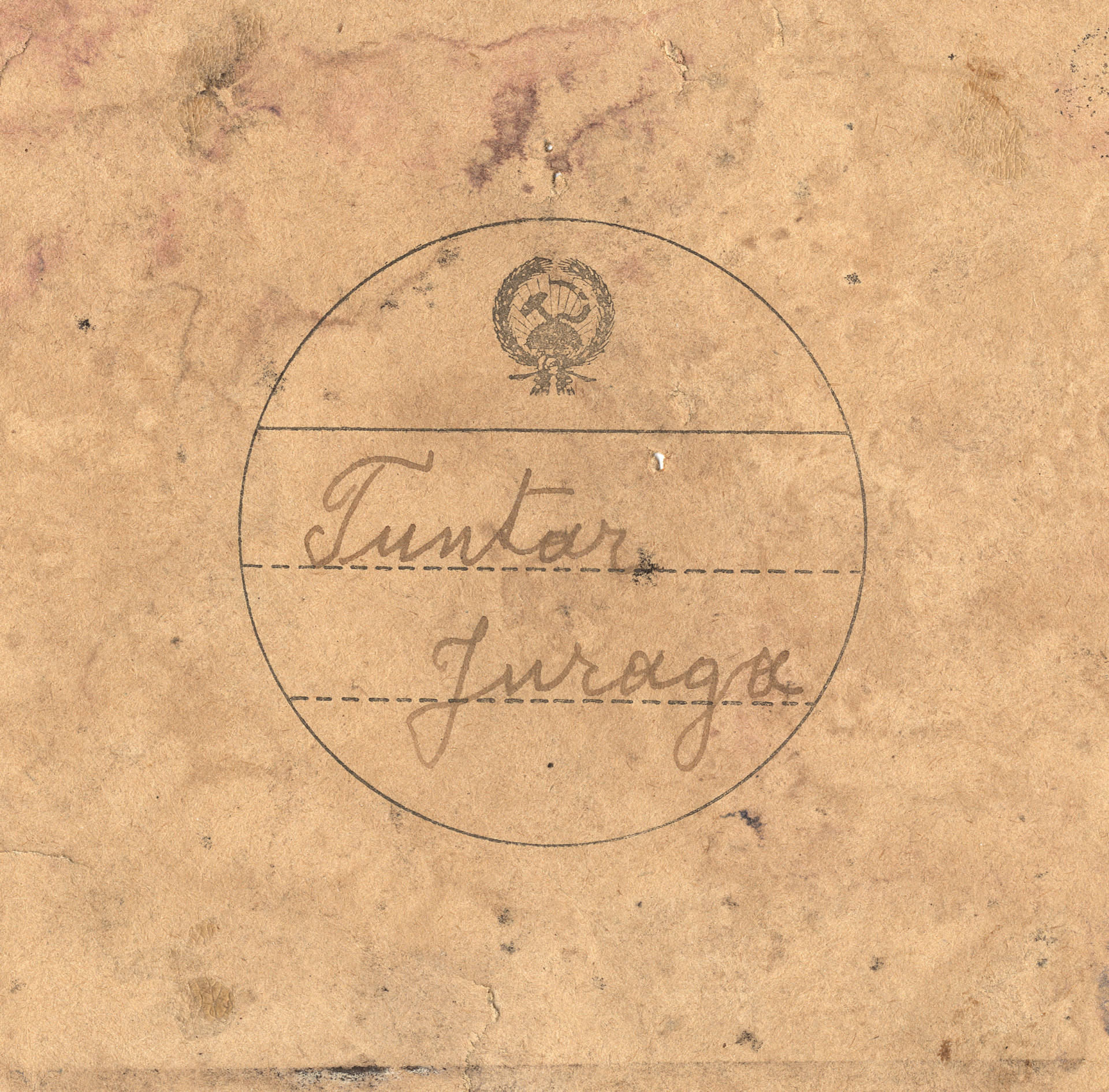 Ballots from the 1921 elections.
Ballots from the 1921 elections.
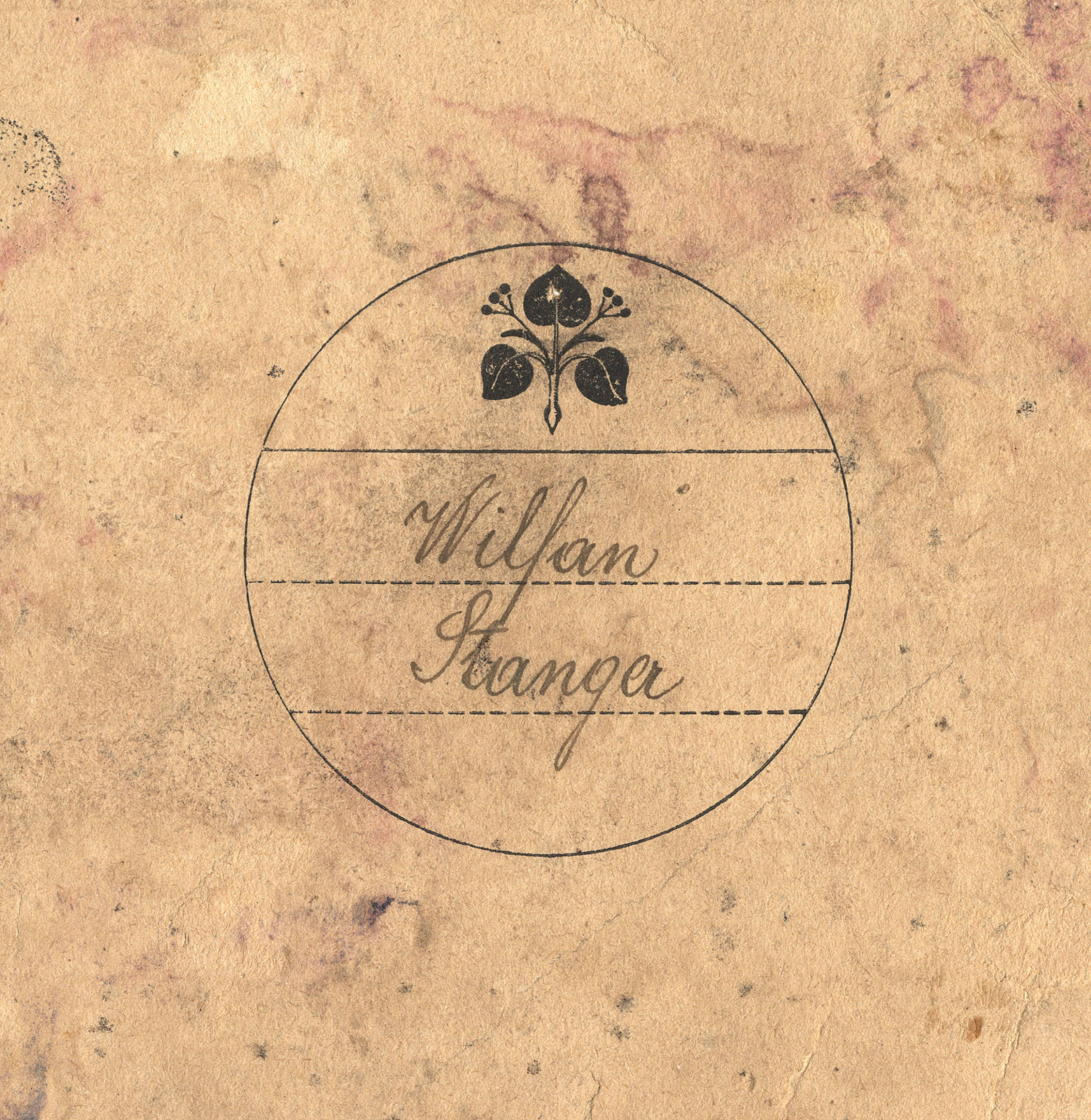 Ballots from the 1921 elections.
Ballots from the 1921 elections.
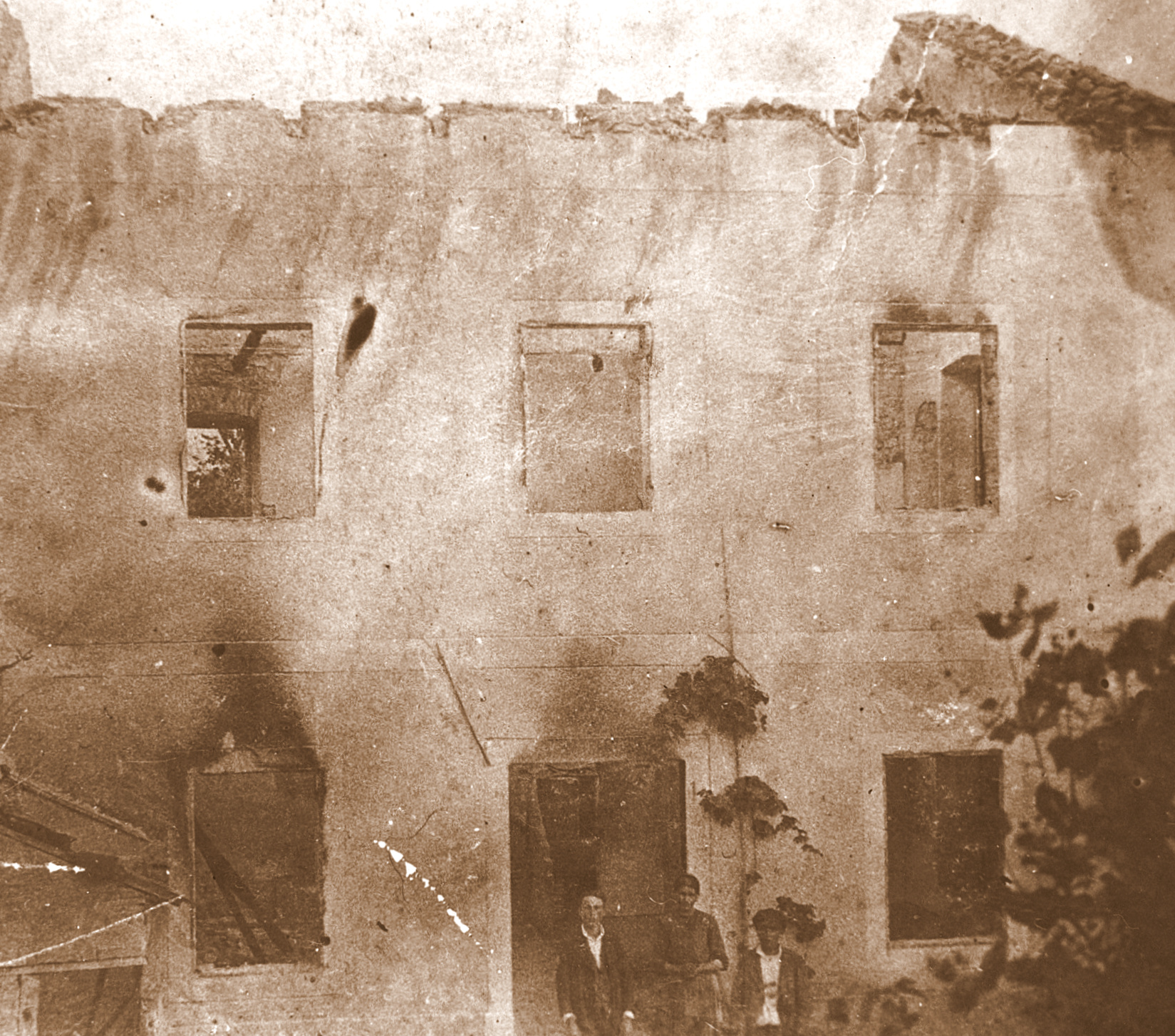 Crociata di Prebenico/Križpot, May 1921. The Fascists took their revenge for the opposition expressed by voters.
Crociata di Prebenico/Križpot, May 1921. The Fascists took their revenge for the opposition expressed by voters.
 On 15 May 1921 the inhabitants of Marezige offered spontaneous resistance to the Fascist thugs. They attacked them with rocks, killing three of them.
On 15 May 1921 the inhabitants of Marezige offered spontaneous resistance to the Fascist thugs. They attacked them with rocks, killing three of them.
 On 15 May 1921 the inhabitants of Marezige offered spontaneous resistance to the Fascist thugs. They attacked them with rocks, killing three of them.
On 15 May 1921 the inhabitants of Marezige offered spontaneous resistance to the Fascist thugs. They attacked them with rocks, killing three of them.
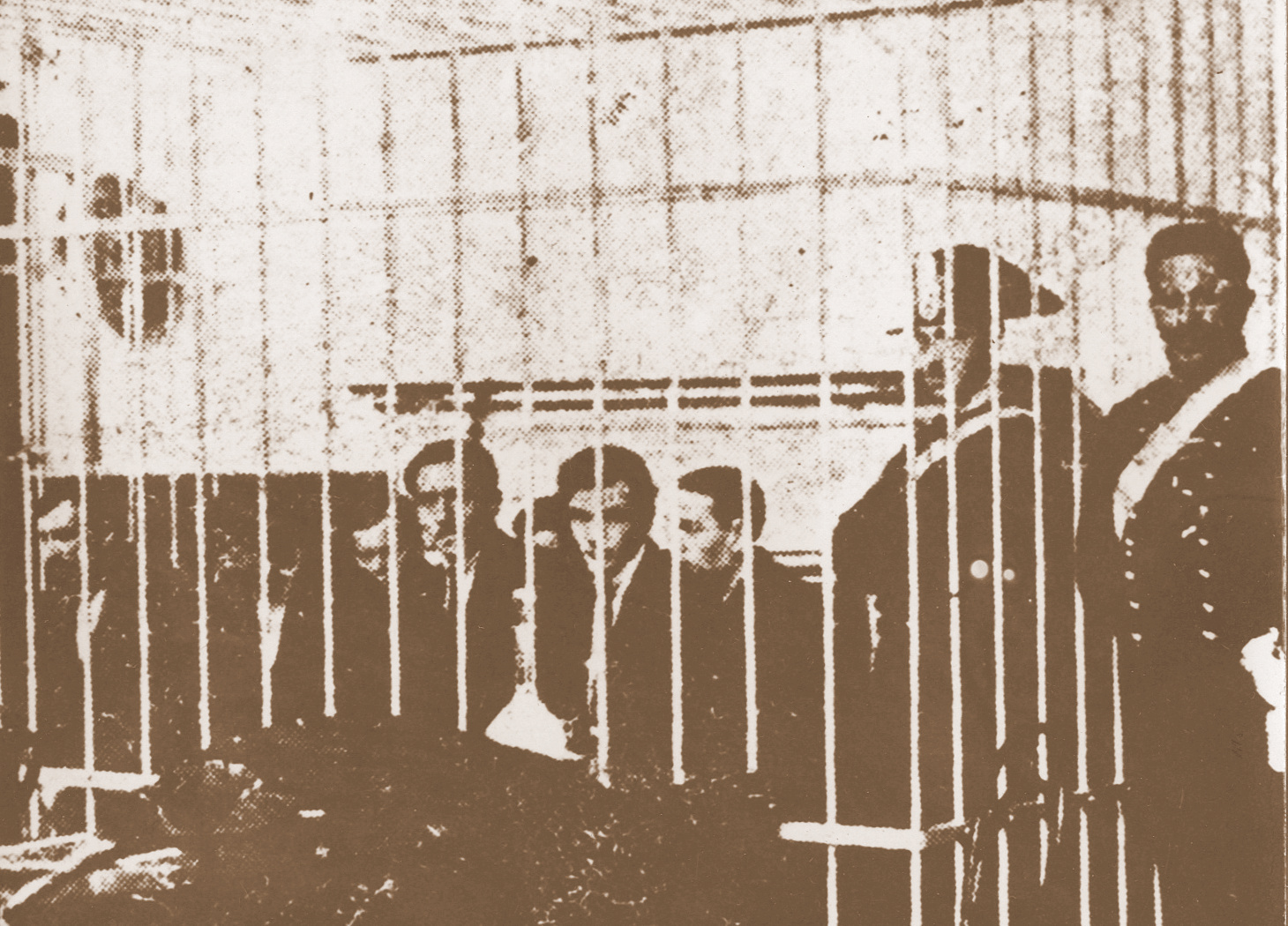 In February 1923 the inhabitants of Marezige involved in the violence were put on trial, along with eight Fascists. The Fascists were acquitted but eight inhabitants of Marezige were given prison sentences ranging from eight months to four years.
In February 1923 the inhabitants of Marezige involved in the violence were put on trial, along with eight Fascists. The Fascists were acquitted but eight inhabitants of Marezige were given prison sentences ranging from eight months to four years.